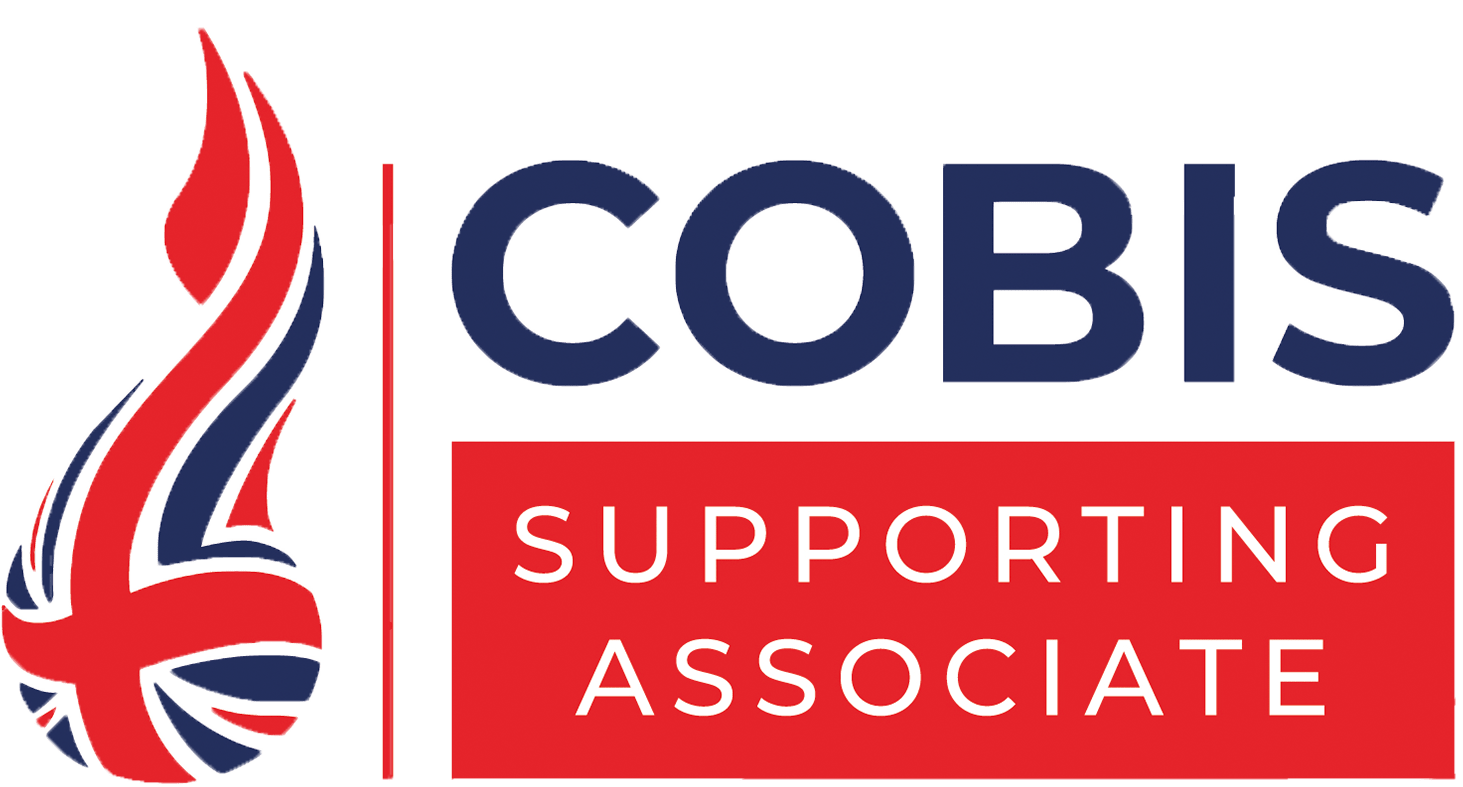At Evidence Based Education we are naturally very enthusiastic about promoting evidence-based strategies to enhance teaching and learning in the classroom. The very core of our mission is “to improve learner outcomes, worldwide and for good”. All our work—whether it is in delivering training for teachers, designing useful tools, or conducting bespoke research and development—is focused on improving key educational outcomes around the world.
This does not mean we are about putting more and more on teachers’ plates. We want to facilitate staff doing more with less. That might mean stopping doing things that are ineffective or aren’t providing value for the time invested; instead, we believe teachers can focus on the “best bets” and advice from high-quality research evidence.
We believe there are many benefits for teachers when they become more evidence-informed and adopt evidence-based approaches. Three key benefits come to mind when it comes to engaging with educational research and evidence: motivation, confidence, and impact.
Motivation
Interest in educational research and the evidence findings have invigorated the teaching profession. Not everyone in education shares the same enthusiasm towards the evidence-based movement. But those that have taken an interest are often highly motivated to find out more, ask questions, and seek answers as to how we can all improve in the classroom—and therefore support students to progress and learn.
We believe that being evidence-based is highly enjoyable and rewarding. It motivates us to continue to learn and develop, rather than plateau. Daniel Mujis, former Head of Research at Ofsted and Professor and Head of the School of Social Sciences, Education and Social Work, Queen’s University Belfast, has stated, “The growth of the evidence-based movement is the best thing to happen to education in decades and has led to genuine change for the better in our schools” (2021). We fully agree!
Confidence
Gaining an insight and in-depth knowledge and understanding of learning and evidence-based approaches in the classroom can lead to an increase in teacher confidence. This has the potential to have a ripple effect, boosting the confidence of students and their families about effective teaching and learning strategies. Teacher confidence is an important element of thriving and developing as a teacher. All aspects of professional learning should ultimately have a positive impact teacher confidence—whether that is domain specific, teaching and learning centred, or linked to any aspect of education. Knowledge of our classes, content taught, and evidence-based strategies can all combine to boost teacher confidence in the classroom.
Impact
We’ve saved the best of the three benefits for last here. Impact should be a central and ongoing aim of all professional learning. All that teachers do, and all their professional development, should aim to have a positive impact on student learning and outcomes. Is there an immediate or short-term impact? What will the long-term impact be? This is where reflection, evaluation, and analysis are key to assess and measure the impact. This is the message that John Hattie regularly promotes and shares with teachers, to “know thy impact”. Evidence-based approaches to education should lead to a positive impact on outcomes and attainment.
The professional development we provide seeks to harness these benefits of motivation, confidence, and impact. Teachers, whether experienced and enthusiastic in evidence-informed approaches or trying the waters for the first time, deserve support that results in motivation, confidence, and impact. To find out more about the work and professional development we provide at Evidence Based Education you can explore The Great Teaching Toolkit and The Model for Great Teaching.
References:
Mujis, D. (2021). The problem with toolkits. Education Ruminations. https://educationruminations.com/2021/04/29/the-problem-with-toolkits/





